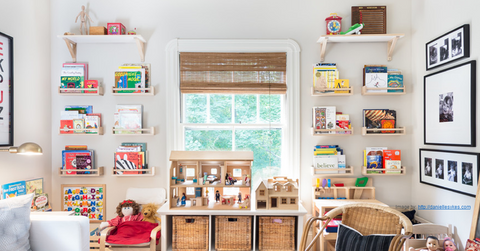How does watching TV affect my child?
"A review of the evidence in the Archives Of Disease in Childhood says children's obsession with TV, computers and screen games is causing developmental damage as well as long-term physical harm. Doctors at the Royal College of Paediatrics and Child Health, which co-owns the journal with the British Medical Journal group, say they are concerned.
Prof Mitch Blair, officer for health promotion at the college, said: "Whether it's mobile phones, games consoles, TVs or laptops, advances in technology mean children are exposed to screens for longer amounts of time than ever before. We are becoming increasingly concerned, as are paediatricians in several other countries, as to how this affects the rapidly developing brain in children and young people."
The American Academy of Pediatrics has also issued guidance, saying "media – both foreground and background – have potentially negative effects and no known positive effects for children younger than 2 years". The Canadian Paediatric Society says no child should be allowed to have a television, computer or video game equipment in his or her bedroom."
- The Guardian, Tuesday 9th October 2012
It is true that the profileration of mobile devices and technology has made it almost impossible for children to be isolated from it. At the same time, this has also become a contentious issue amongst paediatricians and education experts. We are seeing an increasing number of studies, similar to the one above, that call for parents to be more mindful of the amount of TV they are exposing their young children to.
Without a doubt, the quality of children's television today has improved. However, this needs to be balanced against the needs of a child at that tender age. In the same study above, Dr Aric Sigman, the author of the study says that the first three years of a child's life are critical for brain development and it is highly pertinent that children at this age interact with their parents eye-to-eye, and not with a screen.
It is easy when you're busy and in need of some quiet time to leave your child in front of the TV or computer watching programmes by themselves. It definitely does the job of keeping them focused on something instead of pestering you for another snack or requiring your attention. But the easy way out for you may not necessarily be the best way out for your child.
The next time you're tempted to place your child in front of the TV, think about how much more fun you might have spending quality time with him or her by interacting face-to-face with them.









